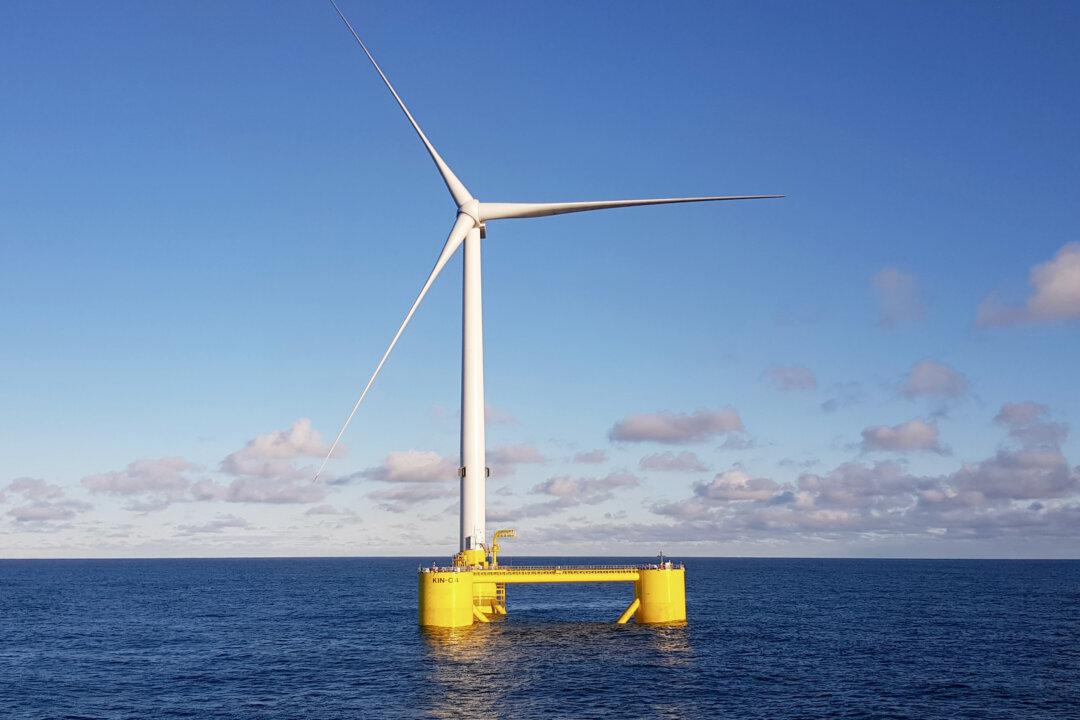Labour’s green bill aims to significantly boost wind farm expansion by leveraging 6,500 miles of Crown-owned coastline seabed rights.
The proposed legislation the Crown Estate Bill announced in the King’s Speech on Wednesday, will remove “outdated restrictions” on the activities of The Crown Estate activities, a significant national landowner, which owns virtually all the seabed around the UK out to 12 nautical miles.
Labour also want to widen its investment powers, and give it the ability to borrow in order to invest at a faster pace for its net zero plans.
The Crown Estate’s £16 billion portfolio is not owned by the government or the monarch personally. Rather is held by the Crown as an institution, with no direct control or management by the reigning monarch King Charles III. All of its net revenue profit goes to the Treasury, some of which also goes to the Royal family.
‘Invested in New Projects’
Last year it said that it generated a record net revenue profit of nearly half a billion pounds because of the six offshore wind farms it leased.Currently, the Crown Estate cannot use its large cash reserves to invest because it needs “to hold these against the prospect of future financial losses.”
Labour said that this will enable it to borrow from the Exchequer, which “will free up these reserves to be invested in new projects.”
“This is particularly critical for accelerating the pace of our offshore wind deployment,” it said.
The Crown Estate dates back to 1760 when George III surrendered the management of Crown Lands to Parliament for a fixed annual payment.
Clean Energy Superpower
The bill is part of Labour’s plans to turn the UK into a “clean energy superpower,” including laws to set up “Great British Energy,” a publicly-owned energy generation company that will own, manage, and operate clean power projects across the country.A bill to establish a national wealth fund has also been designed to attract billions of pounds in private sector investment in industries such as green steel and decarbonisation.
Last week, former World Bank adviser Professor Gordon Hughes criticised the plans as “industrial subsidies, in this case, for green activities.”
He said that large wealth funds traditionally take a proportion of revenues earned by the fund, primarily from oil, but in some cases, minerals and other natural resources. These are then invested in things that will produce a return in the long run.
He said that this is not “the objective of the Labour government.”
“They are simply channelling subsidies for things that they regard as desirable through a vehicle that they call the National Wealth Fund,” he said.
“It’s nothing more than a form of industrial subsidies, in this case, for green activities,” he said. Mr Hughes added that many of the industries are “hopelessly uneconomic.”
“Green steelmaking is never going to cover its costs,” he added







